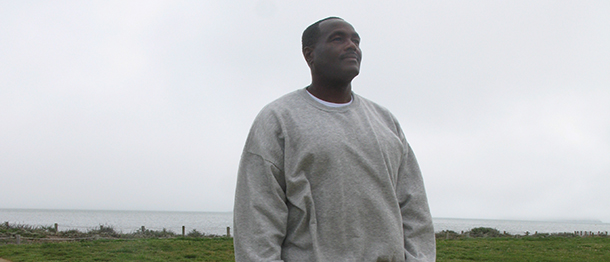For eighteen years, California’s three strikes law leveled harsh penalties against repeat felons: anyone with two felony convictions received 25 years to life for committing a third felony. In 2012, Californians voted to change the three strikes law, allowing some of the prisoners sentenced under it to petition for release for time served. Curtis Penn is one of those prisoners. Life of the Law executive producer Nancy Mullane chronicles the day Curtis was released from prison.


